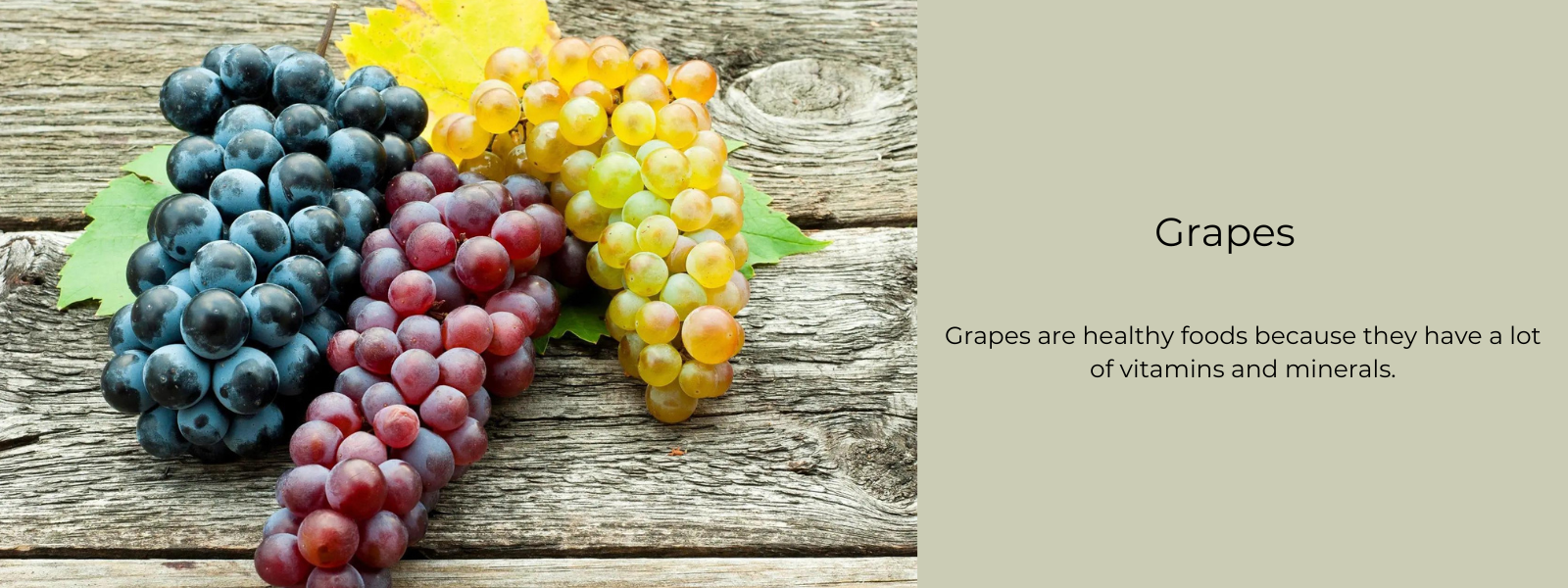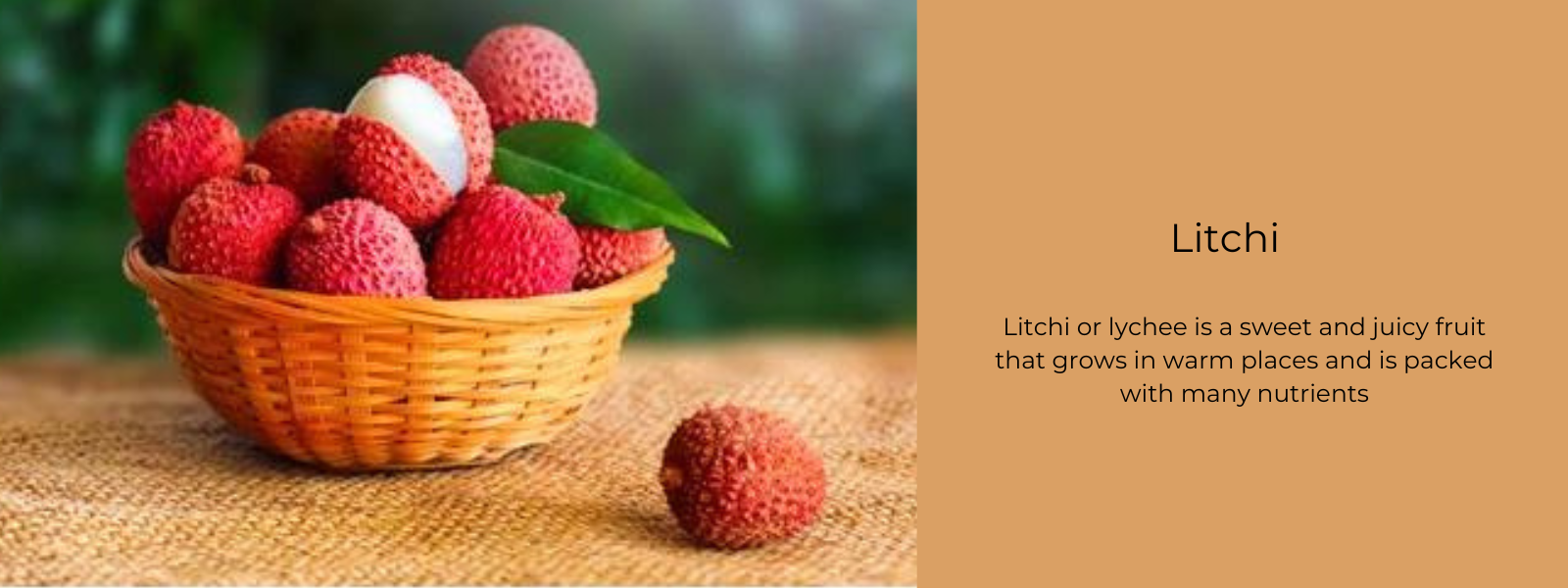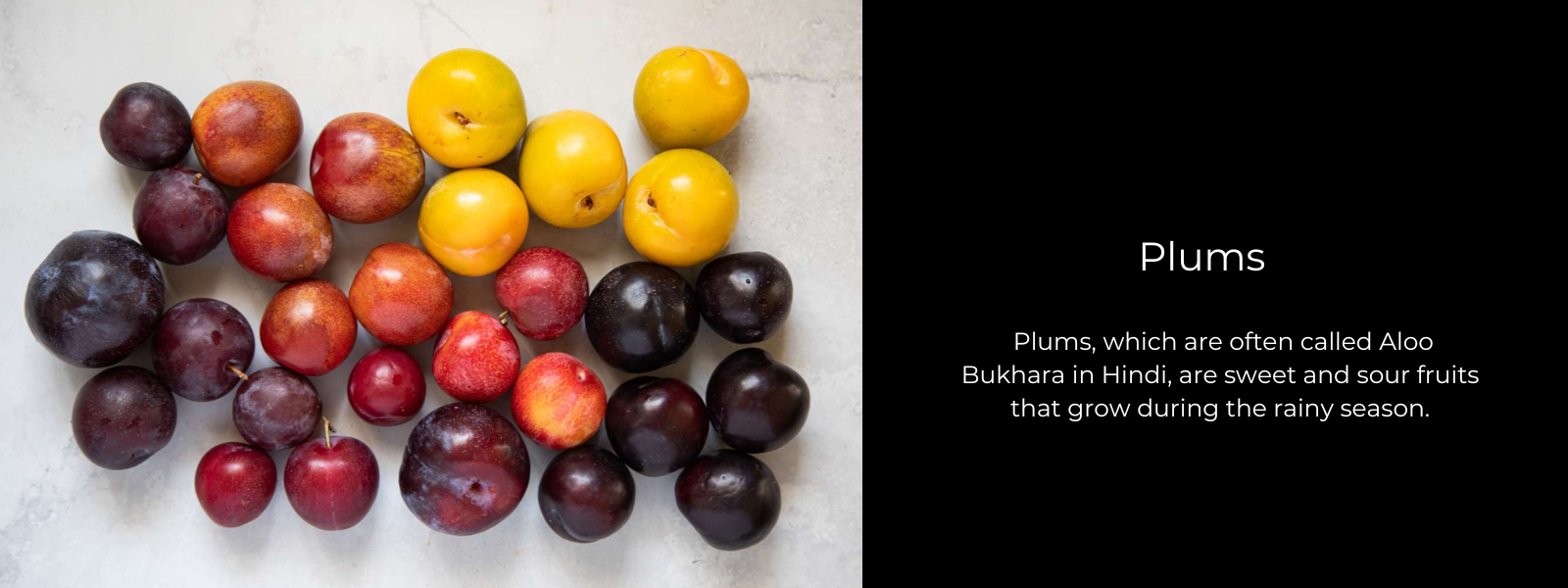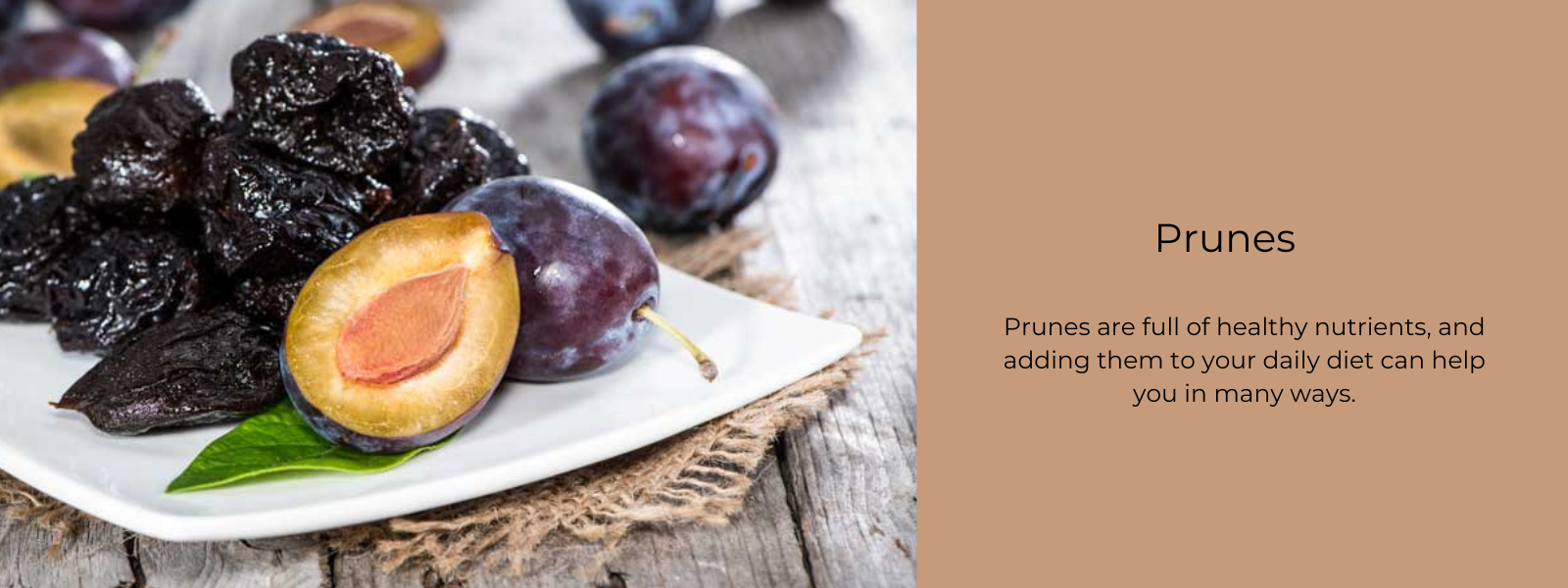Jamun is a fruit that is full of many nutrients and is healthful and nutritious. It contains a lot of flavonoids, calcium, phosphorus, and antioxidants. It also contains salt, thiamine, riboflavin, carotene, fibre, niacin, folic acid, protein, and fat, among other nutrients.
Since ancient times, this fruit has been utilised in Ayurvedic therapies and remedies. There are two types of jamun that you can find: one has purple flesh, the other has white flesh.
Jamun is renowned for treating a wide range of medical diseases, including heart troubles, diabetes, infections, skin problems, asthma, stomach pain, and a host of other health issues.
Table of Contents
What is jamun?
The tall tree with a thick trunk known as the jamun is indigenous to the Indian subcontinent but is also common throughout many Asian nations. The tree produces oblong-shaped fruits that are green while young but turn pink or purple as they mature.
Due to its ability to reduce Kapha and Pitta, this luscious fruit is extremely important in holistic therapies like Ayurvedic, Unani, and Chinese medicine.
In fact, Lord Rama survived his 14-year exile in the wilderness by eating this berry, which is why jamun was specifically mentioned in the Ramayana and is revered as the "Fruit of Gods."
Types of jamun:
There are two types of jamuns: those with white-tinted flesh have a good amount of pectin, whilst those with dark purplish flesh have less. When producing jams and jellies, pectin, a polysaccharide compound found in the flesh of fruits like apples and berries, acts as a thickening agent.
Nutritional value of jamun:
All the necessary nutrients are abundant in jamun. Despite being high in fructose and glucose, the fruit is low in calories.
Iron, potassium, vitamin C, proteins, carbs, and magnesium are all abundant in it. The fruit is ideal for a healthy snack because it is low in calories!
Antioxidants, calcium, phosphorus, and flavonoids are all abundant in jamun. It also contains salt, thiamine, riboflavin, carotene, fibre, niacin, folic acid, protein, and fat, among other nutrients.
Health benefits of jamun:
- Jamun Raises Blood Glucose
The abundance of iron and vitamin C in jamun makes it beneficial to raise the haemoglobin level.
Jamun's iron concentration also functions as a blood purifier. Women have blood loss during the menstrual cycle, thus the iron content is advantageous in these circumstances.
Due to the high iron level in it, it's fantastic for people with anaemia and jaundice.
- Jamun Maintains Heart Health
Jamun is helpful for maintaining heart health and preventing cardiac problems. Jamun's dietary fibres and antioxidants are excellent for controlling cholesterol levels and preventing plaque development.
The fruit contains potassium, which aids in the prevention of conditions including high blood pressure, heart issues, and stroke.
Additionally, it has other essential minerals including ellagic acid/ellagitannins, anthocyanins with strong anti-inflammatory effects. People who routinely eat jamun prevent the arteries from hardening.
- Jamun treats gastrointestinal issues
Jamun's digestive qualities might ease stomach issues.
The fruit is full of vitamins A and C, which help with digestion issues and bodily detoxification. It has qualities that lessen the production of gas, which helps with bloating, flatulence, and constipation.
Jamun also has antacid qualities that stop the stomach from producing too much acid. As a result, it aids in the treatment of indigestion, gastritis, ulcer disorders, and also encourages nutrient absorption.
- Jamun Addresses Respiratory Issues
Popular Jamun fruit is regarded as a traditional treatment for all respiratory issues.
It is well recognised to include a variety of potent antibiotics and anti-inflammatory compounds that aid in the treatment of conditions like asthma, the common cold, and the flu.
Jamun is thought to make breathing easier by releasing catarrh buildup in the nose and chest. The fruit is also helpful for treating bronchitis and asthma symptoms.
- Jamun Promotes Weight Loss
Jamun is an excellent fruit to use in weight loss recipes and regimens because it is low in calories and high in fibre. It enhances digestion and aids in lowering bodily water retention.
Jamun suppresses hunger, increases metabolism, and keeps you feeling full and content for a longer period of time.
Gallic and ellagic acids, which are present in jamun, are believed to ease metabolic dysfunction and progressively aid in weight loss.
- Maintains glowing, healthy skin
Your blood is cleansed and detoxified by jamun, giving you bright skin. The fruit also has astringent qualities that aid in the treatment of pimples and acne.
Jamun's vitamin C content aids in curing dark spots and reducing excessive oil production. Additionally, the antioxidants lessen wrinkles and fine lines.
- ControlsDiabetes
Ayurveda claims that jamun aids in the control of diabetes. The seeds include compounds like jamboline and jambosine that lower blood glucose levels and boost insulin production.
Jamun lessens the symptoms of diabetes, such as thirst and frequent urination. There are many studies that back up the claim that eating jamun lowers blood sugar levels.
However, this particular study has shown that the pulp, seed coat, and kernel of jamun all contain higher levels of phenolic compounds.
- Strengthens the gums and teeth
Using jamun for oral hygiene is another usage. It helps gums and teeth to become stronger. Jamun's anti-bacterial qualities and the presence of vitamin K aid stop gum bleeding.
Vitamins A, C, calcium, folic acid, and phytosterols, among other nutrients, support the maintenance of healthy oral tissue. To strengthen the gums and teeth, the leaves of the Jamun fruit are dried, ground, and used as a tooth powder.
- Jamun Prevents Infections
Jamun has been used for centuries as a traditional medicine to fight illnesses and bacteria. In addition to eliminating germs and bacteria, the fruit extract's anti-bacterial and anti-fungal capabilities also help to cure and mend wounds.
Jamun's bioactive components lessen weakness and exhaustion, leaving you feeling revitalised and rejuvenated. Jamun's phenolic chemicals improve immunity.
How to make Jamun juice:
Jamun is one of the finest summer fruits that not only gives your body a rush of energy but also increases the presence of antioxidants and flavonoids to fight against free radical cell damage and prevent chronic diseases.
- Clean up the jamuns.
- They are deseeded and blended in a mixer.
- For flavour and additional benefits, you might also add ginger at this point (optional).
- Use a lot of water to dilute the paste after it has been concentrated.
- To counteract its astringent flavour, add a dash of salt, honey, or sugar.
- Ice cubes can be added.
Jamun juice for radiant skin:
Regularly consuming jamun juice results in healthy, radiant skin. It makes your skin glow from the inside out while cleansing and purifying the blood. Because of the high vitamin C content, you have clear, glowing skin.
- Create a face mask by combining honey and dried, powdered jamun seeds. Apply it overnight. When strictly followed for a month, it significantly decreases acne, dark spots, and pigmentation.
- After cleaning your skin, apply fresh jamun juice. Jamun, a natural astringent, acts as a toner, shrinking pores and regulating overproduction of oil.
- Combine crushed jamun, curd, and rose water to make a face mask for those with oily skin. The number of pimples would significantly decrease with regular use.
FAQs on Jamun:
Q: Can we eat jamun fruit at night?
Ans. Yes, you can have jamun whenever you want. No scientific data supports the idea that jamun should be consumed at a specific time.
Q: Is jamun fruit safe for people with diabetes?
Ans. When consuming jamun fruit or powder, if you're already using anti-diabetic medicine, be careful to keep an eye on your blood sugar levels. Because jamun lowers blood sugar levels, this is significant. Consult your doctor first before introducing jamun to your diet.
Q: Does jamun fruit support a stronger immune system?
Ans. Yes. Jamun contains antioxidants and vitamin C, which may strengthen your immune system. In addition to preventing cell damage, vitamin C aids in the body's elimination of free radicals.
Q: Is it okay to eat jamun fruit when pregnant?
Ans. Consuming jamun while pregnant is not supported by any scientific research. Because of this, it is advised that you always talk to your doctor before ingesting jamun while pregnant.
Q: How similar are blueberries and jamun?
Ans. No, despite the fact that both fruits are very healthy, blueberries and jamun belong to the Myrtaceae family and jamun to the Ericaceae family.
Q: Does Jamun increase weight?
Ans. The exact opposite. Jamun is a fruit with few calories. It works well with deity fibre as well. Therefore, it aids in weight loss. Even so, eating too much jamun might cause weight gain just like eating too much of any other meal.











Leave a comment